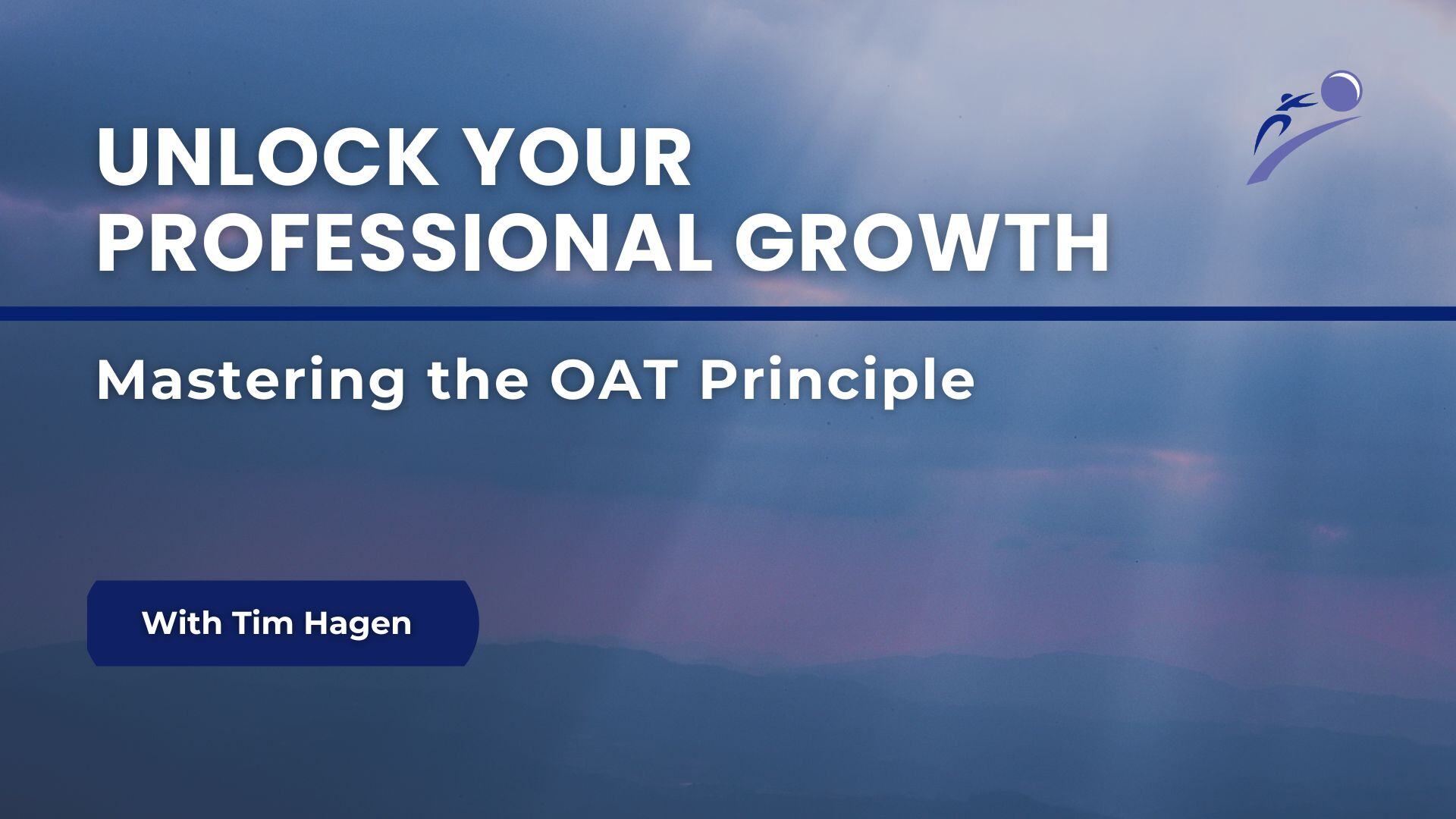Listening is a part of everyday life; amazingly few of us do a good job at it. The average person speaks between 160-200 words per minute, however our mind is capable of processing 4-5 times more information than that in the same length of time, making it very easy for us to begin thinking about other things. We live in a fast paced world where often we are watching television, cooking dinner, checking our email, and listening to the kids all at one time.
This fast pace makes it difficult to effectively listen to what a client is saying. People make the assumption that it is easy to listen; but it isn't- listening requires constant concentration. If you are actively listening, people will be more likely to listen to what you have to say when it is your turn to talk, thus establishing rapport and ultimately, increasing sales.
So, how do we as sales staff get better? First, know your product/service so well that you can listen intently rather than thinking about what you are going to say next. Try to wait at least 3 seconds before responding, this will demonstrate that you are listening and reflecting on what they've shared with you.
Second, concentrate on just listening. Don't try to solve the problem before they have completed presenting their issues. By focusing, you may surprise yourself and come up with solutions that you wouldn't have if you had cut them short. In a sales situation, by cutting the prospect's time short you may be leaving money on the table by not discovering all their needs.
Third, use open ended questions to learn as much as you can about a prospect. Ask questions that start with how or why to really get them to elaborate Once you get them to open up paraphrasing and summarizing what they have said will demonstrate that you are listening to them. Take notes during your interaction, this will force you to listen well and show the prospect that you care enough to write down what they are saying.
Fourth, eye contact, non-verbal cues and mannerisms are important. Show that you are engaged by leaning in and nodding your head. These subtle non-verbal cues can have a big impact on how you are perceived by the prospect or customer.
Good listening skills are critical especially in sales. If a customer knows that you are listening and have a sincere interest in solving their problem they will more than likely be interested and intent on listening to what you have to say. Opening up your customers is the key to solving their problems, so simply ask and listen and you'll be amazed at the results!
Free Whitepaper: How to get Management to Coach-





